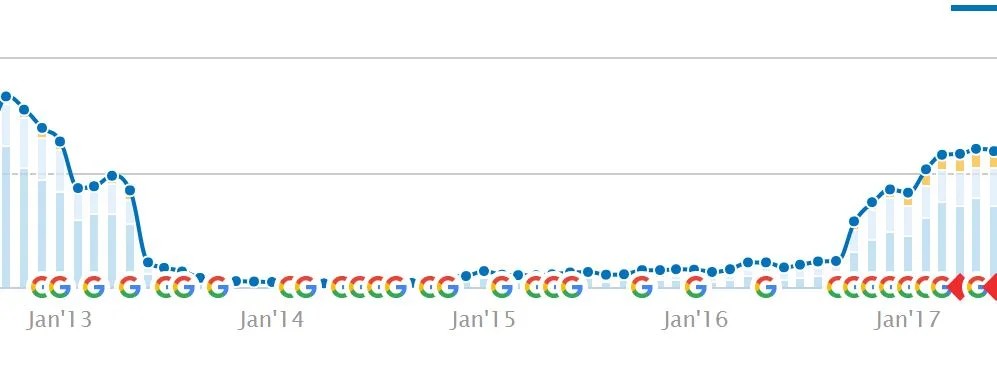One of the most common questions we see in the digital marketing world is simply: what’s the difference between SEO and PPC? This one’s fairly straightforward and best explained using the tomato analogy.
When You Need Targeted Traffic Immediately
PPC stands for Pay-Per-Click Marketing and is controlled using Google Ads or Bing Adcenter, though Google is far more widely used due to the extra volume that Google has. It’s an excellent channel (in my opinion the second best behind SEO) and gives you some benefits but has some downsides associated for it. Let’s use the tomato analogy as an example:
Say you need tomatoes. You can grow them or you can go to the market and buy them. If you go to the market and buy them then you’re able to choose the shape and size as well as exactly how many you want and how much you want to spend. The downside? You have to pay for every single tomato.
This is equivalent to PPC. We can control the traffic that comes in with great detail (including even age, gender and income levels). We can also press start as soon as it’s set up and get you running quickly and it’s great for gap fillers (nights that need filling in a hotel, for example) and also works great as a long-term strategy to pair with SEO. However, it is not sustainable. If you turn off that campaign or cut the spend, all that traffic disappears overnight as well.
Our other marketing channel compliments this strategy perfectly.
From Seed To Farm
Back to the tomato analogy, but let’s look at the other method this time.
If you have a bit of time to spare and want your own huge, sustainable farm full of tomatoes then you can plant seeds in the ground. These seeds need to be watered and fed and there will be both rainy days and sunny days, but if you keep nurturing the crops then you’ll get a mostly self-sustaining farm of tomatoes. You may not be able to carefully control the shape and size of them, but they’ll be in the ballpark.
This is akin to SEO, or Search Engine Optimization. Our work doing SEO will take 3-6 months to start taking off and will be based off percentage increases. A 50% increase of 20 users is 10 users, while a 50% increase of 10,000 users is 5,000 users, meaning growth tends to seem slower right at the start. However, if you have an SEO tackling things every month then you’ll eventually have a steady stream of people coming in through the channel.
SEO is simply the strongest digital marketing channel and it’s generally not very close. It has the best engagement, the best conversion rates, the best everything. The only downside is that it’s slow and inflexible and takes a while to build. Even if you quit SEO down the road and take a break from it, the traffic won’t disappear. It might taper off slowly, but it will have a much higher ‘floor’ so to speak.
So What’s The Strategy?
If you desperately need traffic right now (particularly startups), then go with PPC. You can always get SEO rolling later, but SEO isn’t very useful if your company doesn’t survive long enough.
Not worried about short-term survival? Prioritize SEO. This channel will get you the long-term success if you stick with it and grow it up.
We understand how tough the world of digital marketing is to navigate as a business owner (we’ve heard it from plenty of them), so reach out if you need guidance on where to go next using the form below.








